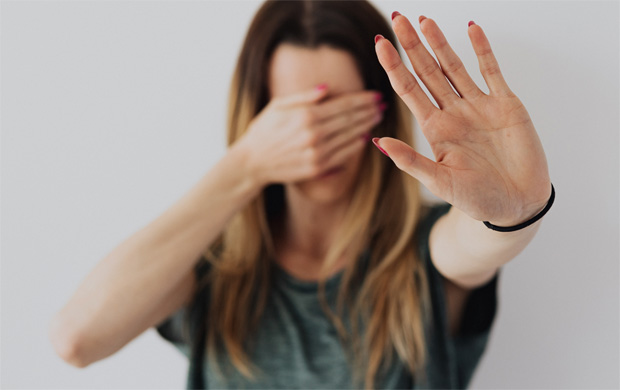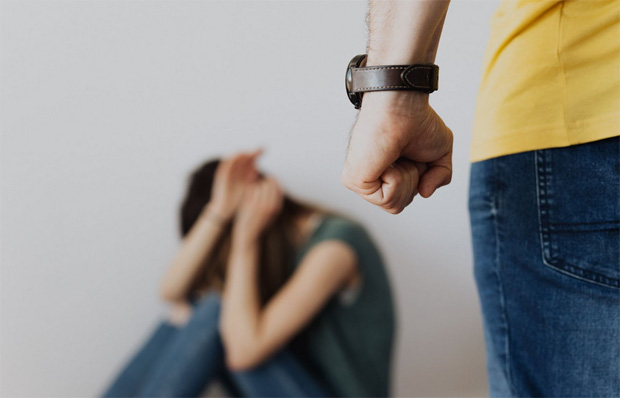How Does Domestic Violence Affect a Woman Mentally?

How Does Domestic Violence Affect a Woman Mentally?
Across the United States, a significant number of women find themselves in romantic partnerships with males who suddenly become verbally and physically violent. Even though they are aware that being in these relationships is detrimental to their mental and emotional health, they choose to continue being in these partnerships.
Why? It may be love, it might be a lack of self-esteem, or it might even be denial. But regardless of the reasons why the mental health of women is negatively impacted by domestic violence. Abuse in the home may have far-reaching impacts, affecting many facets of our day-to-day lives, including how we see ourselves, care for ourselves, and connect with others. That’s why domestic violence lawyers exist to help victims fight and protect themselves.
On other occasions, it may worsen preexisting illnesses, turning a poor situation into a much worse one. Sometimes, it can open the door to many mental health problems. The question is, how does abuse in the home affect mental health?

The mental health repercussions of being a victim of domestic abuse for a woman
Abused women, whether they have been abused physically or emotionally, are more likely to suffer from a variety of mental diseases. These include post-traumatic stress disorder (also known as PTSD), depression, anxiety, drug misuse, and thoughts of ending one’s life.
According to one research, the risk of post-traumatic stress disorder (PTSD) in battered women is seven times greater than in women who have not been assaulted. Abused women are more likely to have mental health issues such as depression and anxiety. It’s no secret that a woman’s mental and emotional well-being suffers when she’s in an abusive relationship.
How Women’s Lives Can Be Affected by Domestic Violence
In addition to affecting women’s mental health, physical violence may negatively influence their day-to-day existence. Their performance at work or school may begin to suffer. They could have trouble concentrating on the activities and getting them done. Within the first year of the attack, over half of the women who have been victims of domestic violence either had to quit their jobs or their educational pursuits or were coerced into doing so.
Many of these women are now homeless due to their attempts to free themselves and their children from the control of an abusive relationship. In addition, most people who have been abused are often hesitant to report the crime. If they are parents and their spouses, they are terrified of being separated from their children for whatever reason.
Those who have overcome the trauma of domestic violence may face long-term, challenging consequences due to having to cope with the aftereffects of the abuse they endured. Especially if the abuse was severe and prolonged, the victim might need time to adjust to a safe environment.

Bottomline
Confronting this grief may be daunting, but the healing process can help survivors build inner strengths and diminish their fear of being unsafe for themselves and their families. While addressing this pain can be overwhelming, healing can help survivors develop inner strengths.
On the road to recovery, individuals who help survivors and survivors should remember that the healing process takes time. The impact of this traumatic experience might vary significantly from person to person depending on factors such as how a person reacts to stress, their age, the frequency and intensity of abuse, and how often it occurs.
Guest Article.




